One morning, during the early 1900s, in pre-independent India, two brothers were getting ready to go to school. They lived in the city of Cuttack, Orissa, along with their large family.
“Brother, it’s time to go to school. Let’s leave now,” said Subhas to his elder brother, Sharad.
“What’s the hurry? There’s still time,” responded Sharad casually.
“You don’t understand. I want to go to school early today because I want to sit on the first bench. I always end up sitting behind. I think it’s because I reach late,” explained Subhas.
“In that case, let’s leave right away!” said Sharad. The brothers left for school at once.
Subhas reached school earlier than usual and quickly occupied the front bench, which was still vacant. After a while, a British boy came to class and asked him to vacate the seat.
“I won’t get up from here. I came early today and was the first to sit here,” said Subhas.
The boy complained to the teacher who in turn asked Subhas to vacate the front bench. The teacher told Subhas that he was not allowed to sit there. Subhas felt dejected and moved to another bench at the back of the class.
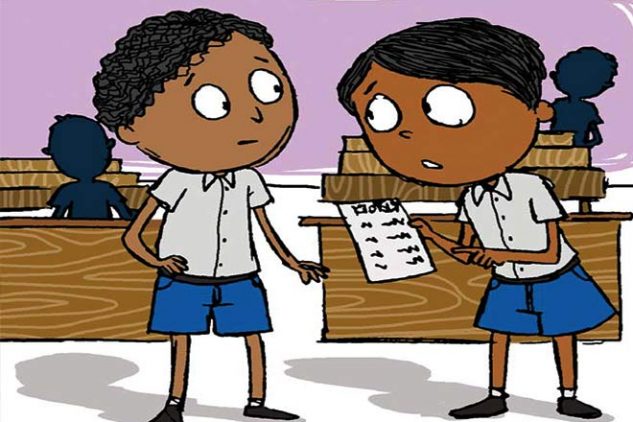
That evening, on their way back home, Subhas asked his brother, “Why aren’t we allowed to sit on the front benches?”
Sharad did not know how to explain to his little brother that under the British rule, this is how Indian students were treated in a missionary school.
Though Subhas was a bright student and scored the highest marks in his class, the scholarship was awarded to a British student. This again left Subhas heartbroken.
“We shouldn’t study in this school anymore. If they discriminate amongst students this way, is it a school worth studying in?” Subhas asked his brother.
Again, Sharad had no reply.
After a few years, Subhas passed the matriculation examinations with a good score and secured an admission into the Presidency College in Kolkata. His father, Janki Das who was a wellknown lawyer, and his mother, Prabhavati were overjoyed. They were certain that Subhas would make them proud.
One day, Subhas returned home from college quite upset.
“What’s the matter, Subhas? You look gloomy today,” said his mother, sensing something amiss.
“They expelled me from college,” said Subhas sadly.
“But why? You were specially invited to study in that college by the principal himself. Why would he do that?” asked his mother shocked.
“One of our professors, Mr. Otten holds discriminatory views about our country. So, when he said something disrespectful about India, and insulted some Indian students, I protested. And in the spur of the moment, I raised my hand, too. Therefore, they expelled me,” explained Subhas.
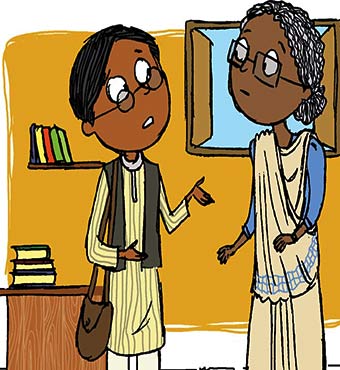
His mother was apprehensive for a moment, but then she smiled.
“Subhas, how could you have sat quietly and listened to insults against your own country? With regards to college decorum and discipline, what you did was wrong. But when seen from the point of view of upholding the respect of your country, you did the right thing. The notion of freedom runs in your veins. I am proud of you, son,” said his mother.
“Thank you, mother,” said Subhas, who felt much better now.
His mother hugged him and said, “Our country won’t be under the British rule for long because of people like you who stand up for their country.”
That boy grew up to be Netaji Subhas Chandra Bose, one of the most prominent freedom fighters of our country.
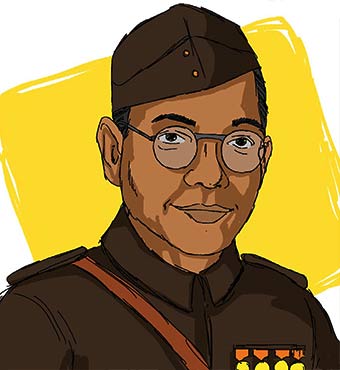
Subhas Chandra Bose set up the Azad Hind Fauj, an army he raised with the help of the German government to wage war against Britain. He was also the first person to address Mahatma Gandhi as the Father of the Nation in a speech delivered on 6 July 1944, through the Azad Hind Radio from Singapore.
His slogan, “Give me blood, and I shall give you freedom” went a long way in uniting the citizens of India against the British rule.



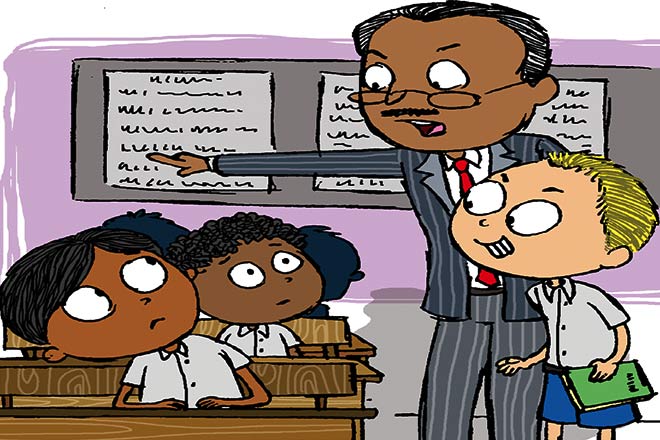





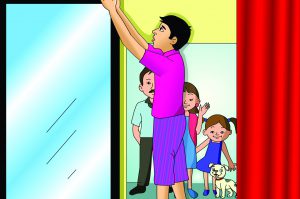


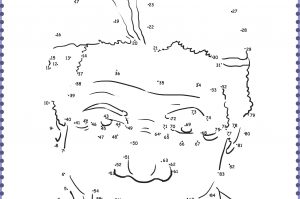

COMMENT